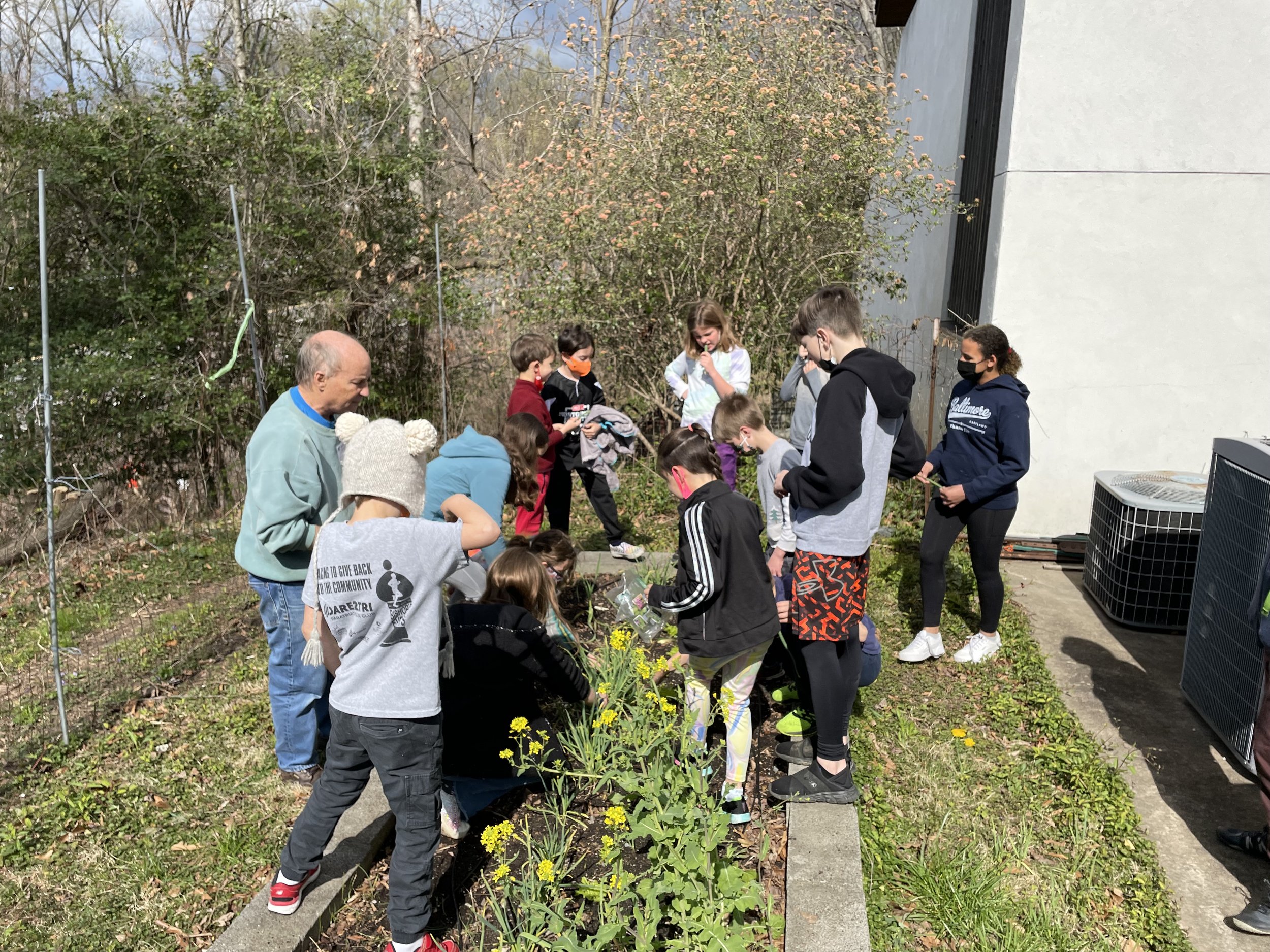Climate Justice on the Potomac
Next door to the nation’s capital, three UU congregations are coming together to help the planet.
To see the wheels turning for climate justice in Washington, D.C., you don’t have to look under the dome of the Capitol building or among the lobbyists of K Street. Three UU congregations in the area—the Cedar Lane UU Church, the River Road UU Congregation, and the UU Congregation of Fairfax—are joining forces to advance climate action in their communities.
Spread throughout the greater D.C. area, in both Maryland and Virginia, these congregations share a proximity to the nation’s capital and a commitment to climate justice. For this reason, they have come together to form the Potomac Partnership. All three congregations will be acting in concert, under this heading, to co-sponsor the UU Climate Justice Revival in September.
Below are just some of the many ways these congregations are working together to advance climate justice, in preparation for this continent-wide Revival.
D.C. Politics: How the Sausage Does *Not* Get Made
Politics in Washington, D.C. is often portrayed as a hard-nosed game of “who gets what.” But there is one group of activists in the area who are not asking for anything from the “pork barrel”—and I mean that literally. Indeed, the Potomac Partnership congregations are all doing their part to educate their members about the many downsides of animal products.
For one thing, industrial animal agriculture is often notoriously cruel. Not only are these industries directly harmful to animals, however; they also have far worse impacts on the climate than other forms of agriculture. Farming animals such as pigs and cattle often plays an outsized role in generating the greenhouse gas emissions that are heating the planet.
For these reasons, the Potomac Partnership congregations are doing their part to reduce their own consumption of animal products. Andrew Batcher, a spokesperson for the coalition, reports that all three congregations “are exploring ways to increase plant-based eating.” River Road has led the way by adopting a default plant-based food policy.
Climate Action Begins at Home
It’s an old saying that “all politics is local.” It turns out this is true even if you live a stone’s throw away from the nation’s capital!uu The Potomac Partnership congregations aren’t just advocating for large-scale policy change; they are also working in their own buildings to lessen their climate impact and leave the planet a greener place than they found it.
Among the many ways these congregations have sought to reduce their own carbon footprint at the community level, Batcher notes: “Cedar Lane has compost bins located throughout the building, an active green team, and a deep commitment to studying climate science.” Besides this, he says, “Every congregation has made efforts to improve their energy efficiency.”
Batcher says he hopes that the Climate Justice Revival in September will be a chance to “desilo” this climate work and deepen collaborations with other UU communities that are taking similar measures. Indeed, the Revival will be a chance to learn about green, energy-efficient models that have worked for congregations throughout North America.
A Threat to Justice Anywhere…
As the seat of federal power in the United States, the D.C. area is a hotbed for many forms of activism. So it makes sense that congregations working for climate justice in this region would be especially attuned to the many opportunities to make common cause with other advocates working for justice—both within the larger environmental movement and beyond it.
The Potomac Partnership congregations therefore take a consciously intersectional approach to their climate activism. This means they see climate as inseparable from other forms of social justice. This aligns their work with the goals of the whole UU Climate Justice Revival, which understands climate justice as one aspect of the larger movement for collective liberation.
For this reason, Batcher explains, the congregations work in partnership with other activists across social movements—including CASA (a major immigrant rights and racial and economic justice powerhouse in the DC, Maryland, and Virginia region) and Action in Montgomery (a multi-faith community organizing initiative working to highlight the health and environmental impacts of gas stoves).
But What About [Your Congregation’s Name Here]?
Do these stories about the Potomac Partnership’s work resonate with your own efforts to heal the planet? Do you have examples you’d like to share about the ways your own congregation has shown up in the local community to advance intersectional climate justice? It’s not too late to get involved! You can still sign up to co-sponsor the Climate Justice Revival.
Congregations of all sizes and all stages of growth are welcome to join. Whether you are veteran climate activists who have been working on this issue for decades, or just starting out in your process of learning and discernment about how to advance climate justice in your community, you are welcome to participate. It’s easy to do: Just sign up here today!


